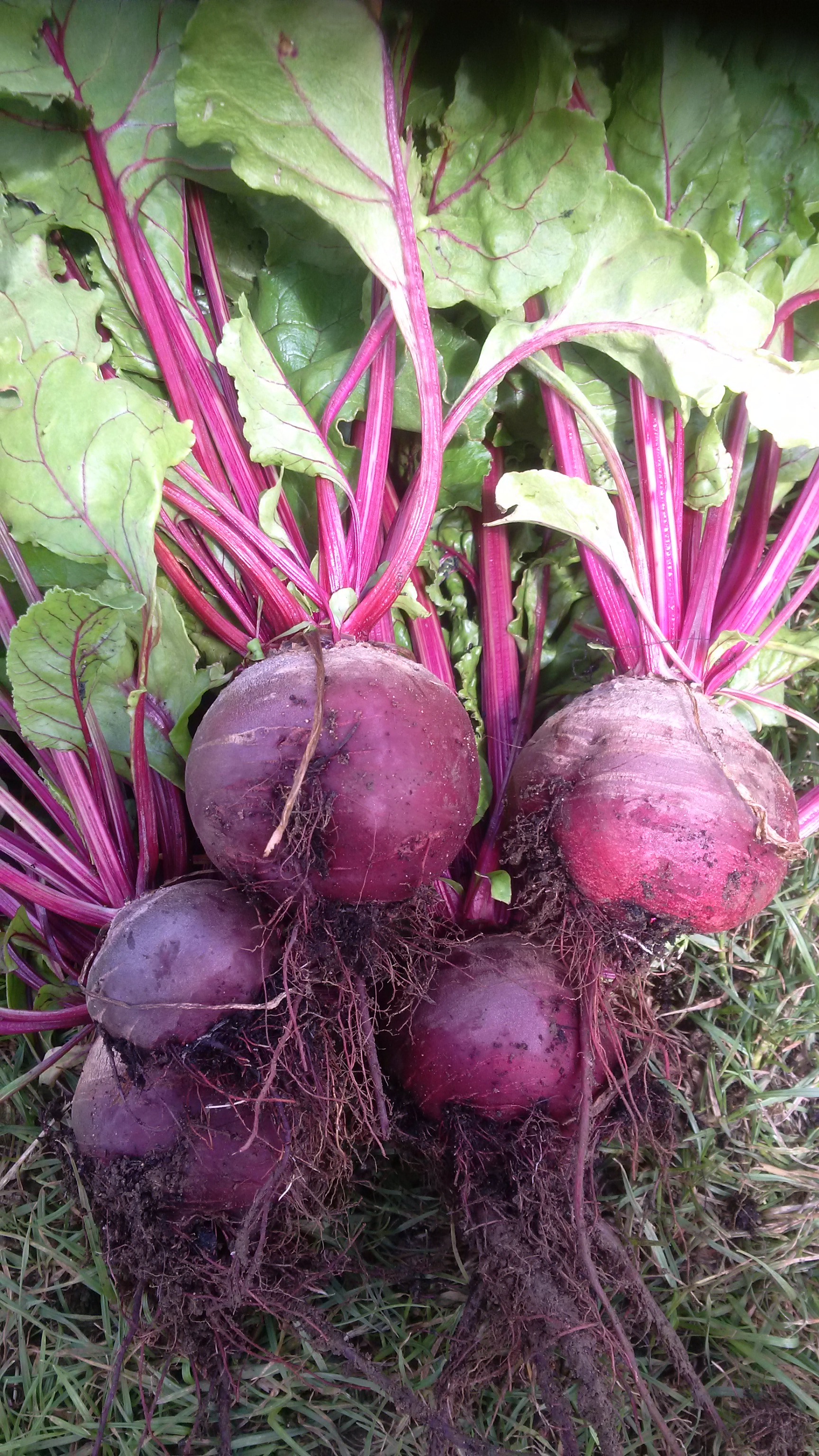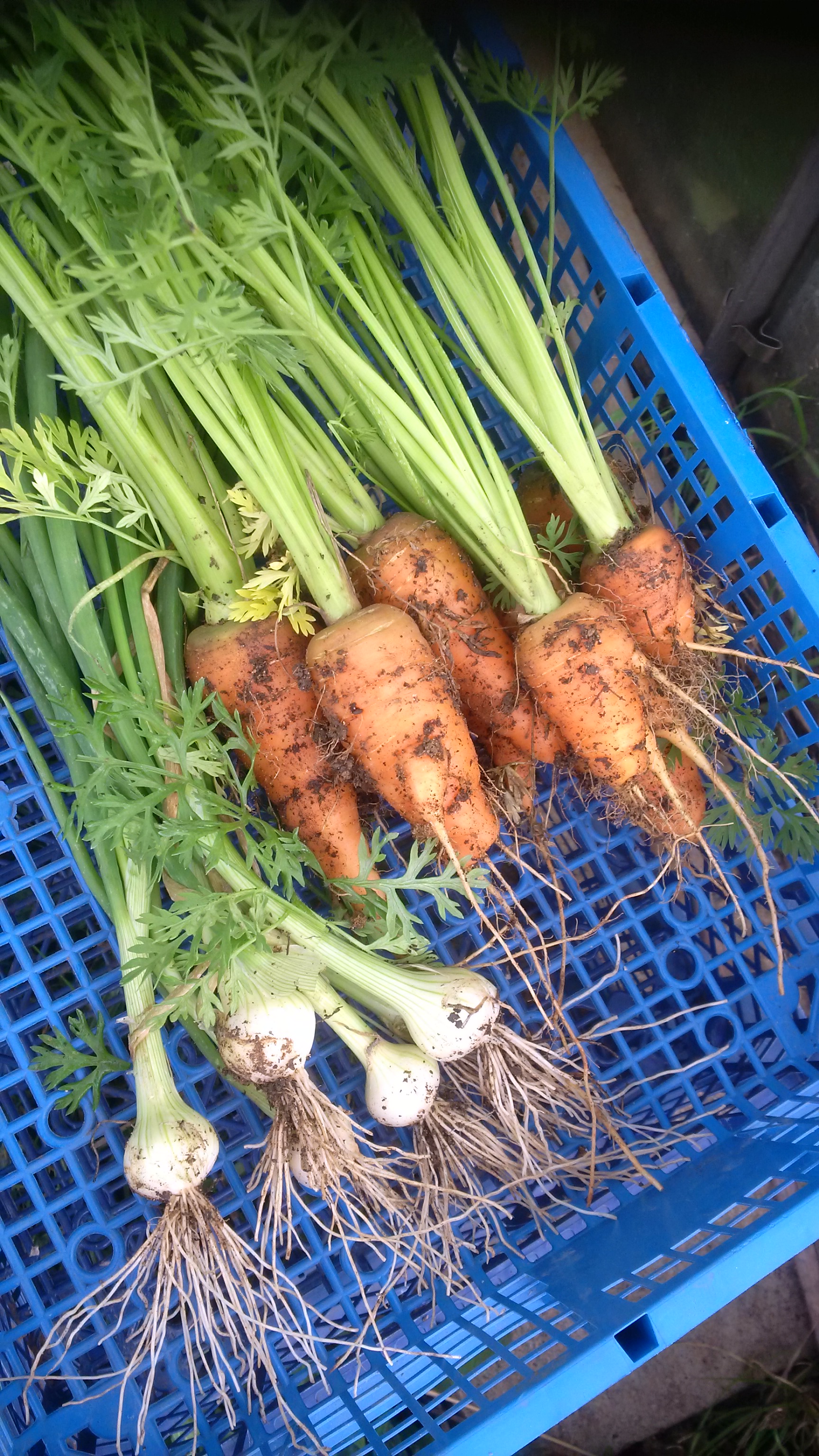“I’m not even sure what day of the week it is these days!” exclaimed an acquaintance in a conversation this week. And it’s certainly the case that the usual markers which gave a rhythm to everyday life have suddenly disappeared in the last few months. In 1987 the palaeontologist Stephen Gould wrote of seeing time in geological terms as not only like an arrow from the past to a distant future but at the same time as repeating cycles. We too see the progress of time as a journey; from barbarism to civilisation; from birth to death; youth to age; naivety to wisdom; and in biblical terms, from damnation to salvation. The cyclical nature of time though, underpins our day to day lives; night follows day; the weeks have a social pattern of activity and rest; the months are marked by particular events which are anticipated and enjoyed each year and of course the years themselves are marked by the four seasons with their characteristic weather patterns, day lengths and the way the natural world responds to Spring, Summer, Autumn and Winter in turn. On the allotment there is a little breathing space in July as the spring and summer planting is mainly done, much of the soft fruit harvest is finished, and there is less time-critical work to do. But the regular rhythms of watering greenhouses, weeding, feeding chickens, sowing, planting and harvesting vegetables, picking cut flowers for the table, pruning fruit trees, mowing and composting all continue in their gentle unhurried cycles.
With the sudden enforced lockdown of society in March, the rhythms and markers of life were, at a stroke, lost; shared meals with friends, weekly gatherings for church, book clubs, shopping, library; and daily work for many. Annual festivals and events which formed part of the social fabric of the community were cancelled and social isolation became the new norm. Events like our Cafeplus+ could hardly be better designed for the spreading of viruses and closed immediately along with church services. So, for many, life became an undifferentiated sequence of days with little structure or pattern. Organisations such as churches responded with new ways of operating online and many responded by starting new disciplines of exercise or hobbies and, in our village at least, quite a few took on an allotment for the first time. In some cases no doubt, something to do with suddenly footloose children released from school, but in others I’m sure, a desire to connect to more fundamental things once the fragility of the consumer society was exposed. A return to rhythms lost perhaps in the easy availability of food of almost infinite choice, globally sourced at any season of the year; a restoration of connections to the land which, like our faith, fulfills a deep need within us.
A reflective piece this week but that’s what happens when you take a few days holiday! Thank-you to the chicken feeders and greenhouse waterers who are keeping the allotment running while we are away – I’ll leave you with a couple of photos of the on-going summer harvest: Beetroot ‘Boltardy’, Carrots ‘Chantenay red core’ and Spring Onions ‘White Lisbon’.

Beetroot ‘Boltardy‘

Carrot ‘Chantenay Red Core‘ & Spring Onion ‘White Lisbon‘